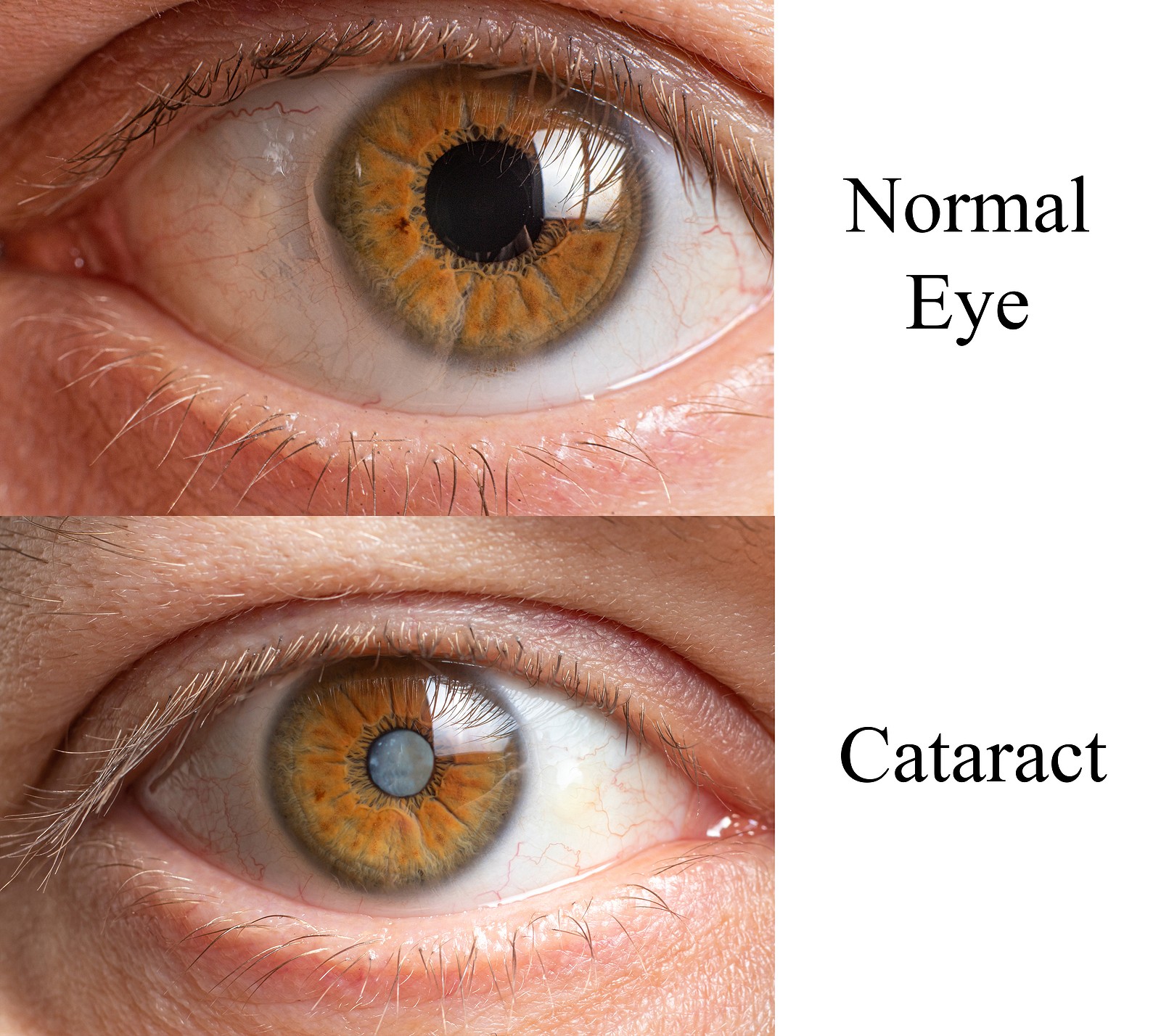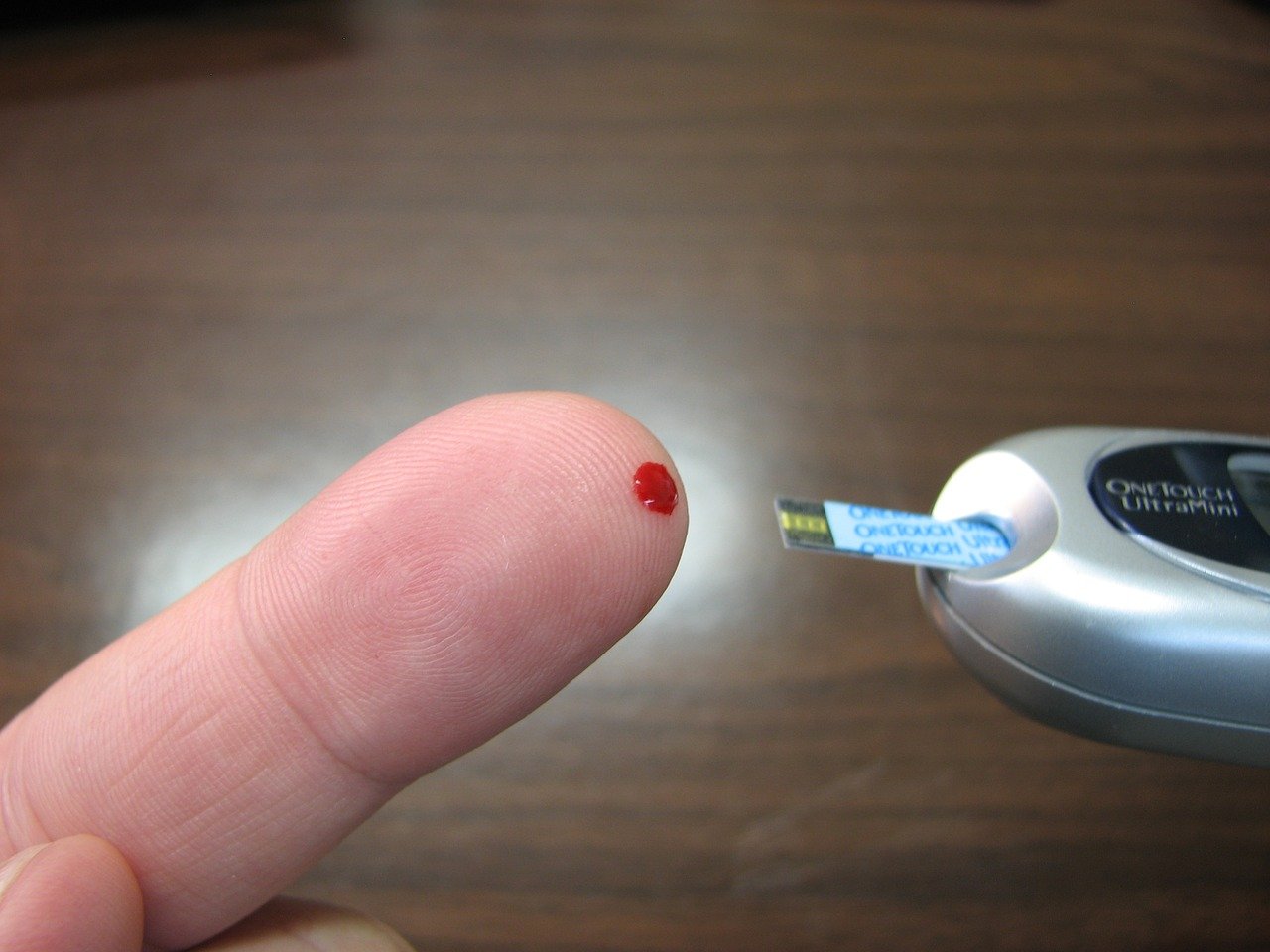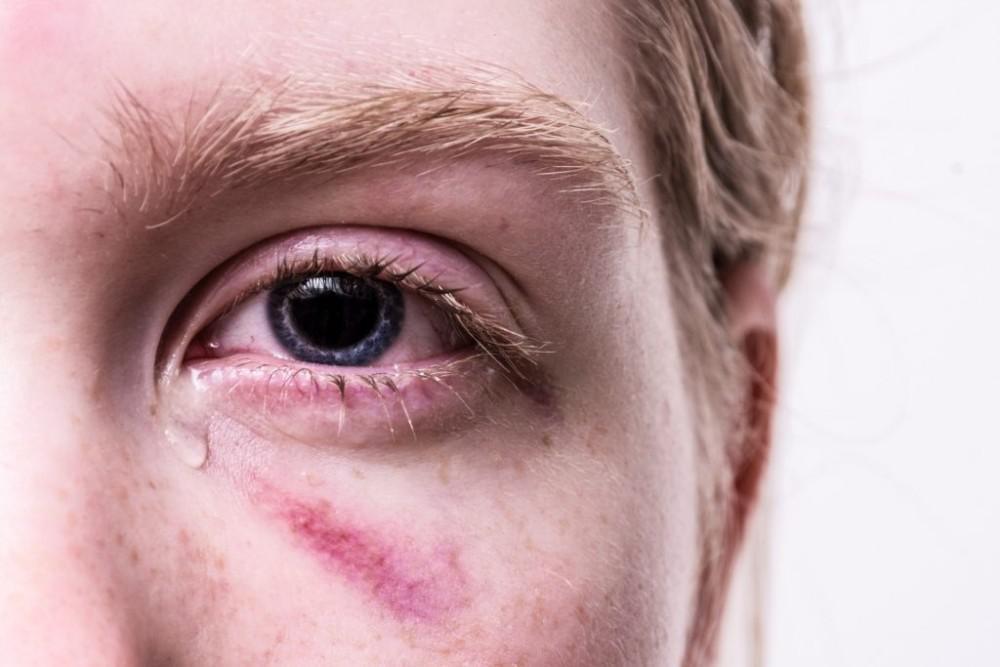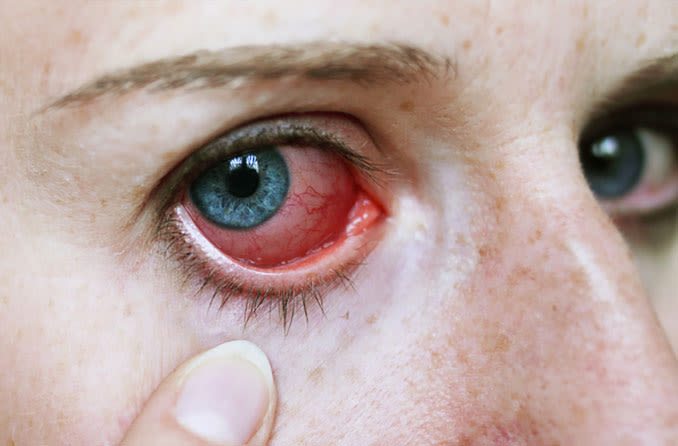Shree Ramakrishna Netralaya (Vashi)
Shah Signature, Above Starbucks, Sector 17,
Vashi, Navi Mumbai - 400705
+91 98198 60879 | [email protected]
Appointment Times
Monday - Saturday :
11:00 am to 07:00 pm
Dr. Vijay Shetty Eye Specialist
Shah Signature, Above Starbucks, Sector 17,
Vashi, Navi Mumbai - 400705
+91 98198 60879 | [email protected]
Monday - Saturday :
11:00 am to 07:00 pm

Shah Signature, Above Starbucks, Sector 17,
Vashi, Navi Mumbai - 400705 +91 98198 60879 | [email protected]
Monday - Saturday :
11:00 am to 07:00 pm

Dr. Vijay Shetty is one of the best ophthalmologist for cataract treatment in Vashi, Navi Mumbai. He has performed several advanced cataract surgeries (PHACO and Robotic surgeries – FEMTO Laser assisted cataract surgery. He has a vast experience of using Trifocal, Multifocal, Edof and Toric IOLs.

Normal eye has a crystalline lens made up of protein which is transparent like a glass. It is made up of proteins. Crystalline lens together with cornea helps in focusing the light on the retina. Cataract is loss of transparency of the crystalline lens. Depending on the degree of opacification it is classified into variety of grades of cataract. It starts with immature cataract to mature cataract. Depending on its appearance and area involved, it is classified into various types of cataract
When the eye lens develops a cloudy film, light cannot get back to the retina. This causes vision loss. Cataracts are caused by genetic, injury, disease, sun exposure, injury and advanced age.
Blurry vision is the loss of sharpness of eyesight, making objects appear out of focus and hazy.
If you’ve noticed any changes in your eyesight, such as halo effects, blurred, dim, or cloudy vision, or increased glare, they could be early symptoms of cataract
Most common cause for cataract is advancing age. Diabetes, certain eye diseases like uveits, injury to the eye and intake of steroids for treatment of other disease can also cataract at an earlier age. Rarely cataract can present at birth.
Simple slit lamp biomicroscope examination done by an eye specialist can confirm the presence of cataract. Application of dilating drops before examination aids in diagnosis earliest stages of cataract. Dilating drops also helps in diagnosing other ailments of the eye including disorders of retina, optic nerve including glaucoma.
Age related cataract is usually due to change in the protein structure in the crystalline lens due to oxidative damage which is hastened by the ultraviolet light exposure over years. Age related cataract is not preventable. However diabetes related cataract can be prevented or delayed by keeping the blood sugar under control. Most of the cataract is irreversible due to permanent change in the quaternary structure of the protein in crystalline lens.

Diabetes related cataract can be prevented or delayed by keeping the blood sugar under control.

Experts say more than 90 percent of eye injuries can be prevented by simply taking a few precautions and wearing safety glasses.

Uveitis in otherwise healthy people is difficult to prevent since the cause isn't known. Early detection and treatment are important to reduce the risk of vision loss, which can be permanent.
No studies have proved how to prevent cataracts or slow the progression of cataracts. But doctors think several strategies may be helpful, including:
Choose a healthy diet that includes plenty of fruits and vegetables. Adding a variety of colorful fruits and vegetables to your diet ensures that you’re getting many vitamins and nutrients. Fruits and vegetables have many antioxidants, which help maintain the health of your eyes.
Studies haven’t proved that antioxidants in pill form can prevent cataracts. But a large population study recently showed that a healthy diet rich in vitamins and minerals was associated with a reduced risk of developing cataracts. Fruits and vegetables have many proven health benefits and are a safe way to increase the amount of minerals and vitamins in your diet.